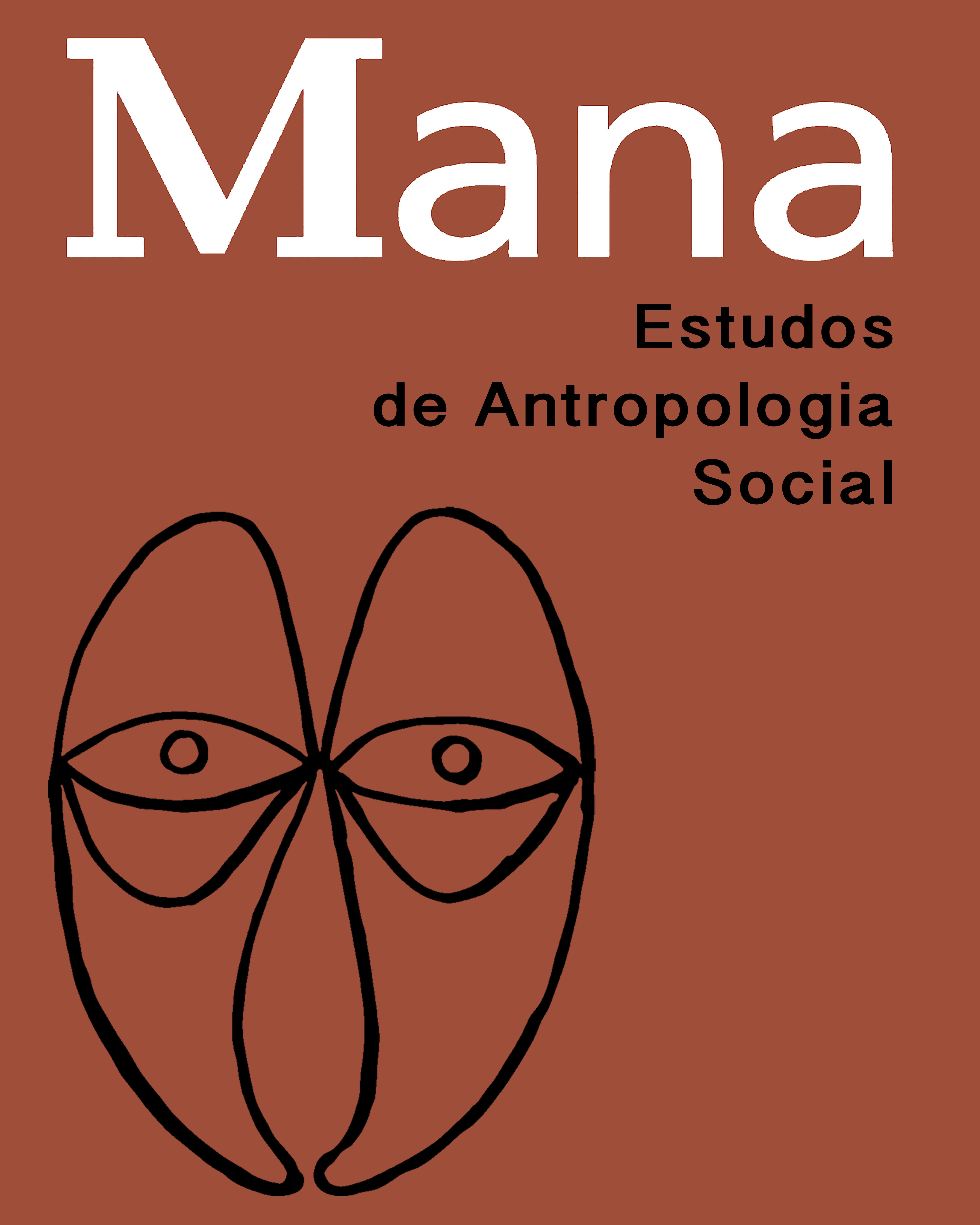This paper analyzes the significance of Nazism, one of the central themes in the latest book by Norbert Elias. It refers to the reasons behind the perplexity of the liberal and Marxist currents in dealing with the phenomenon, at least initially. Beginning with this observation, the author presents Elias' point of view, which strays from a kind of progress-history towards an increasingly perfected civilizatory process. It seeks to demonstrate how Elias' interpretation is founded on a long-range analysis of German history, highlighting the constitution of habitus as an original explicatory concept, not to be confused with that of national character. The essay also discusses the secondary (albeit relevant) weight Elias ascribes to the context of the 1920s and early 1930s in implanting Nazism. Finally, the author asks whether in Elias' view Nazism was a dated, specific phenomenon and - depending on the answer - what the possibilities might be for its reemergence in the current context.
